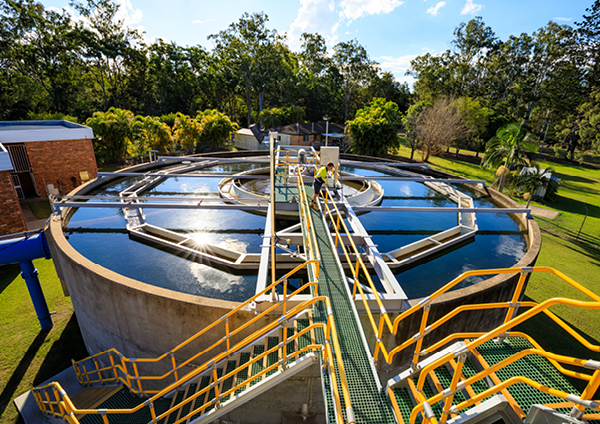Rising costs and reduced grants deliver $29m hit to finances

Rising costs and reduced government grants have delivered a $29 million hit to Fraser Coast Regional Council’s finances.
Mayor George Seymour said that with inflation above seven per cent in Queensland and government grants to be reduced by $5 million in 2023/24, Council was putting together one of its most challenging budgets in years.
“As every household or business knows, it is now costing more to keep the power on and pay for materials and supplies,” he said.
“Our electricity costs alone have increased by almost $3.5 million this year, making it more expensive to treat, process and deliver water.
“As our region grows, so too does the amount of waste we produce as a community.
“The combined impact of more waste and a decreasing State Government waste levy rebate will add $1.2 million to the cost of providing waste services across the region in 2023/24.
“Over the next 10 years, this could add $26 million to the cost of providing waste services.
“Despite all these financial challenges, Council will be working hard to keep rate rises to a minimum while still investing in the services and facilities our growing community needs.
“This will mean the budget deficit will likely be higher than forecast in the next financial year.
“Some years there will be a deficit, some years there will be a small surplus. What’s important is that we ensure we are financially sustainable over the medium to long term.
“We are also looking to spread the cost of new water and sewage treatment plant investments over several years through strategically timed borrowings.”
Cr Seymour said there had been a marked increase in the cost of building roads, bridges and footpaths during the past three years.
“Concrete, for footpaths, bridges and gutters, has increased by 40 percent,” he said. “In the past 18 months, the cost of building a kilometre of road has almost doubled.
“Businesses supplying us have faced the same issues as Council, increasing fuel, electricity and labour costs, which have been reflected in the increased price of everything from road base to asphalt.”
The rapid price increase has also affected Council’s maintenance and renewal program. More money must be put aside to fund depreciation - the eventual need to replace assets such as roads, footpaths, drainage pipes, coastal assets, playground equipment and bridges as they wear out.
"The replacement value of Council’s 2,700 km road and footpath network jumped by 12.5 percent ($157 million) to $1.5 billion in the past year,” he said.
“That means more funds must be set aside to replace those assets as they wear out and to ensure we maintain our financial sustainability.”
Cr Seymour said Councillors were participating in multiple workshops to finalise the 2023/24 budget before it gets adopted in mid-June.
